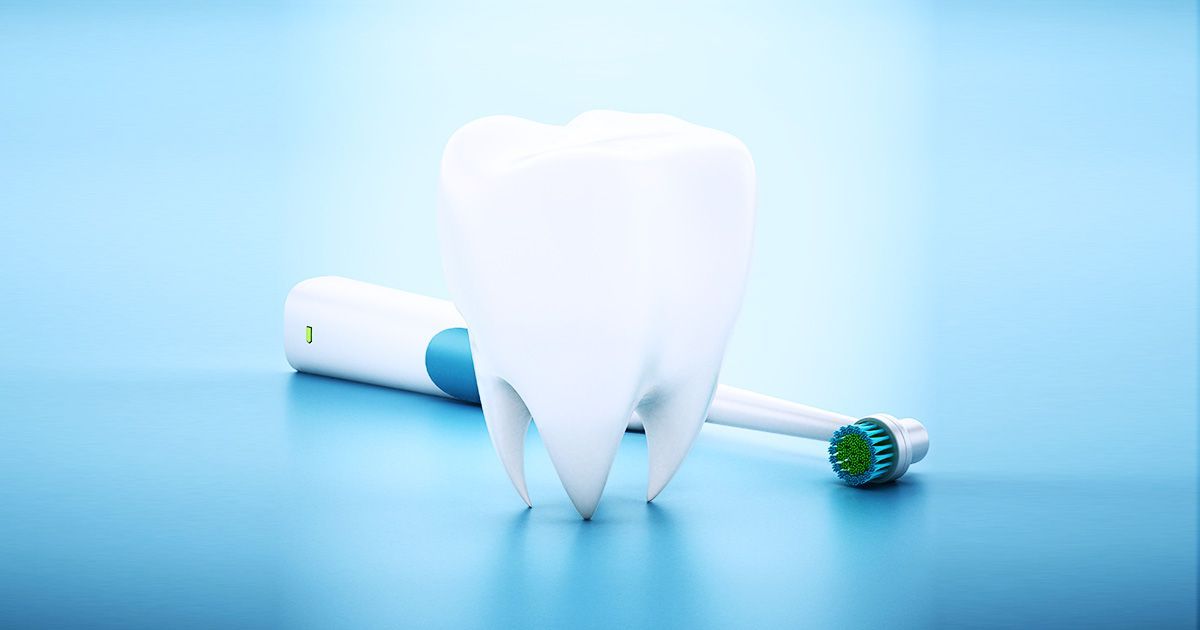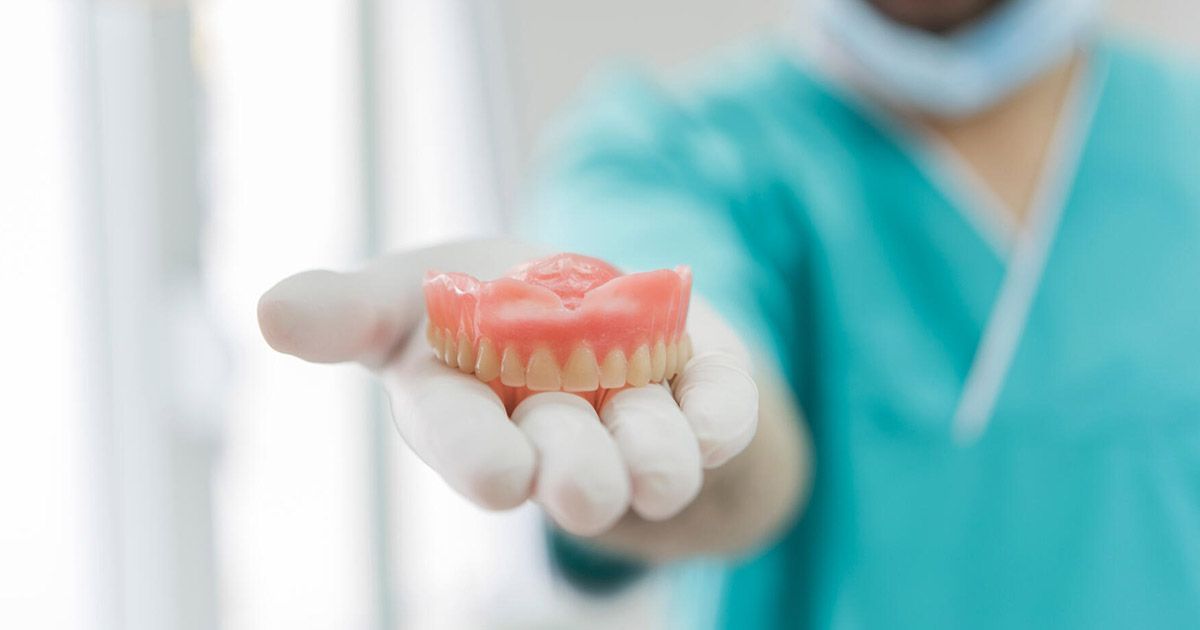What Is Root Canal Therapy?
Has your dentist recently recommended root canal therapy to you? Here's what you need to know about root canal treatment.

Tooth pain trumps most other pain. It begins as either a dull or sharp pain in your tooth, radiating throughout your jaw and sometimes down into your neck or up into your ear. If you're truly unlucky, the pain will go both up and down, rendering sleep and general daily functions impossible.
A root canal treatment can solve this pain. If you're experiencing pain this intense, the kind of pain that keeps you up at night, you need to see a root canal dentist in Bedford, NH. Such pain indicates a serious problem with your tooth, including a possible infection.
The word "root canal" conjures up all kinds of scary images for people, though. However, our parents' stories of the dreaded root canal treatment no longer apply. Root canal treatments are common procedures in the twenty-first century.
Most importantly, they leave you with a healthy tooth and a pain-free existence.
By the time you've finished reading this article, you will understand the ins and outs of root canals.
What Is a Root Canal?
Many times people use the term "root canal" when they really mean root canal treatment. The root canal is a part of your tooth. A root canal treatment is a way a dentist cares for an infected root canal.
Your tooth consists of roots and a crown. The crown is the visible part of the tooth that you see above your gum line. The root is the part of the tooth beneath the gum.
Inside your tooth you have a canal that goes deep, almost touching your jawbone. This canal is also known as the pulp. The pulp provides your tooth with moisture and nourishment, keeping it alive.
When you drink something hot or cold, the pulp of your tooth responds to the heat and cold. When your tooth is infected, the pulp will flare up, and those nerves go crazy. That is the feeling you have that keeps you up at night and that radiates throughout your jaw.
Here are the basic steps of root canal therapy.
Step One: Clean the Root Canal
Your dentist begins by numbing the area around your tooth. They then place a dental dam, a rubber sheath with a hole in it for your tooth, over the area around your tooth. This protects your mouth from the infected pulp.
Next, the dentist makes a small hole in the surface of the infected tooth. They remove the dead and diseased pump with precise tools.
Step Two: Fill the Root Canal
Next, the dentist decontaminates the new hollow area. They will irrigate it with an antibacterial solution and fill it with a rubber-like material. They then seal the hole with adhesive cement.
You should not feel any pain from this tooth now because the dentist has removed the nerves. The tooth will not die, though. Mature teeth will receive nourishment from the teeth next to them.
You will thus have an infection-free tooth.
Step Three: Add the Crown or Filling
While your tooth will stay alive because of the nourishment it gets from other teeth, it will eventually become brittle. Thus, the dentist will recommend a crown to protect the tooth.
In some cases, a filling is an adequate solution for the tooth and you will not need a crown.
Until you have your crown or filling done, you should not chew on the tooth. Protect the work that the dentist has done on it.
A root canal treatment usually takes a single 45-minute appointment. However, if you have multiple canals, curved canals, or large infections, you may need additional appointments.
When Do You Need a Root Canal?
You need a root canal when your tooth sustains serious damage. This damage can happen as a result of trauma to the tooth. Here are a few common reasons why you may need a root canal treatment.
- Cracked tooth
- Chipped tooth
- Deep cavity
- Loose filling
All of these circumstances make the tooth more susceptible to infection. Bacteria can enter the pulp. This will lead to an infected tooth, severe pain, and even worse problems.
When you do not care for an infection in your mouth, you make yourself vulnerable to infection all over. You can even die from a tooth infection when the infection moves to other parts of your body.
An infection will also compromise your tooth. It will weak your jawbone. The ligaments holding the tooth in will swell, and the tooth will become loose.
Additionally, you'll experience pain when you chew. Sometimes you may have that throbbing pain mentioned at the beginning of the article.
If you have this pain and your tooth is infected, you will lose the tooth without a root canal treatment. It will either fall out, or a dentist will have to remove it. You may think a missing tooth isn't a big deal, but when you lose a tooth, your other teeth will move around and become crooked.
Eating will be harder, and smiling will happen less.
Is a Root Canal Painful?
A root canal procedure is not painful if the dentist uses anesthesia properly. When you have enough local anesthesia, you do not feel the treatment occurring.
You may have some mild discomfort a few hours after the procedure. In this case, you can take some over-the-counter pain medications. Some people even go back to work the same day as the procedure.
If you experience intense pain after the anesthesia has worn off, call your dentist. They may need to prescribe an antibiotic for the infection or some more intense pain medication. Most of the time, though, there is just mild discomfort after the procedure.
Seek Help For Tooth Pain
A root canal procedure is a common therapy used by many dentists today. Some dentists even specialize in them, making them the only part of their practice. You can hope for tooth pain relief with root canal therapy as well as overall better oral health.
Are you looking for root canal therapy in Bedford, NH? If so,
contact us. Our dental specialists are ready to help you find pain relief and maximum oral health.












